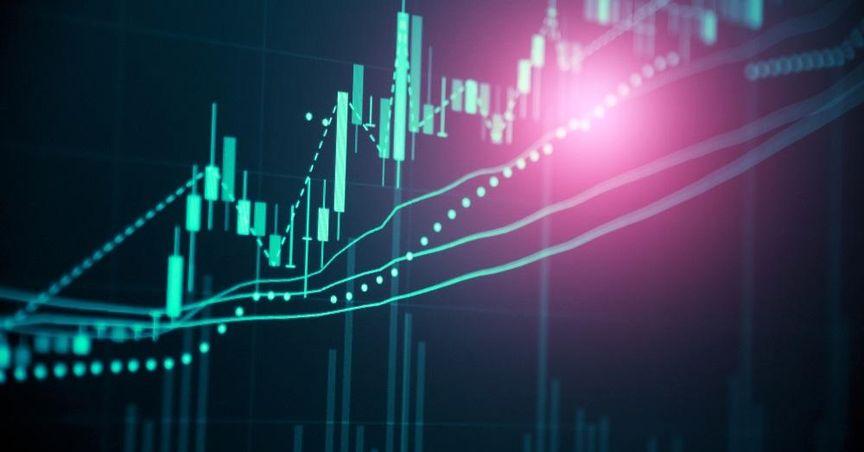Highlights
The Australian Securities Exchange (ASX) remains a crucial player in the Asia-Pacific financial ecosystem. In light of recent developments in international trade policies and global tariffs, investors are keenly watching the effects on Australian stocks, with several key sectors demonstrating a direct response to these shifts.
Global Trade Policies Impacting ASX Performance
Global trade policy changes, particularly concerning steel and aluminum tariffs, have reverberated across markets. This has affected investor sentiment globally, but the ASX 200 futures have remained relatively stable, signaling a 0.22% increase, surpassing the 8,500-point mark. Despite the turbulence in global trade, these movements suggest that the market's outlook has started to stabilize, showing a less volatile response than initially expected.
Market Performance Across Key Regions
Internationally, major markets have responded differently. The Dow Jones Industrial Average ended a two-day decline with a 0.4% increase, while the Nasdaq Composite rose 1%. European indices, such as the STOXX benchmark and FTSE 100, reached all-time highs. Particularly notable was the performance of the energy sector, with (ASX:BP) leading the charge, as the company saw its stock rise by 7.3%, marking the largest one-day increase in years.
Domestic Insights: Economic Sentiment Reports
Back in Australia, economic sentiment remains a focus. Key consumer confidence reports are expected soon from Westpac (ASX:WBC) and NAB (ASX:NAB). These reports will offer valuable insights into Australian consumer confidence and the resilience of the economy in the face of ongoing global trade challenges.
Corporate Earnings and Strategic Developments
The corporate landscape is also seeing shifts. (ASX:SWM) reported a 26% decline in earnings, a reflection of broader industry challenges. Meanwhile, (ASX:FMG) is making waves with its acquisition bid for Red Hawk Mining (ASX:RHK), signaling strategic movements within the mining sector.
Energy and Commodities: Sector Shifts and Market Movements
In the energy sector, Vulcan Energy (ASX:VUL) has drawn attention with its decision to reduce its interim dividend following a 31% drop in earnings. This decision reflects the challenging market dynamics within the energy and lithium sectors.
In the commodities market, the Australian dollar is trading at 62.7 US cents, while iron ore saw a slight increase of 0.8%, trading at $107.20 per tonne. Gold prices have surged, reaching $2,913 per ounce, influenced by global economic shifts, while Brent crude remains steady at $76.04 per barrel.
As these factors shape the global landscape, Australian investors are closely monitoring how international policies and domestic reports will continue to influence the performance of key sectors on the ASX.




